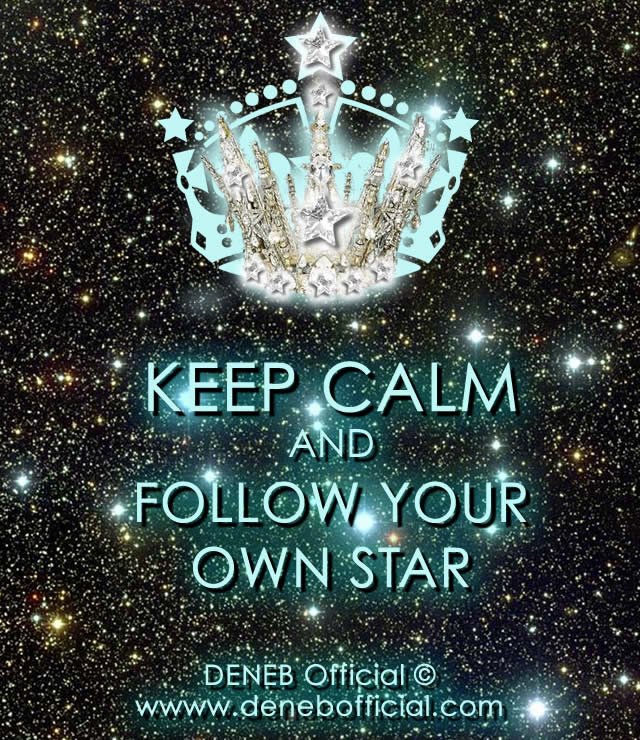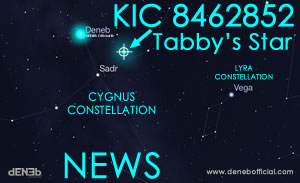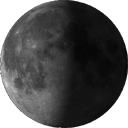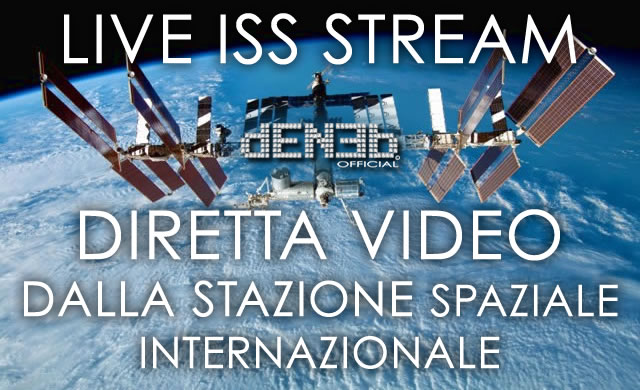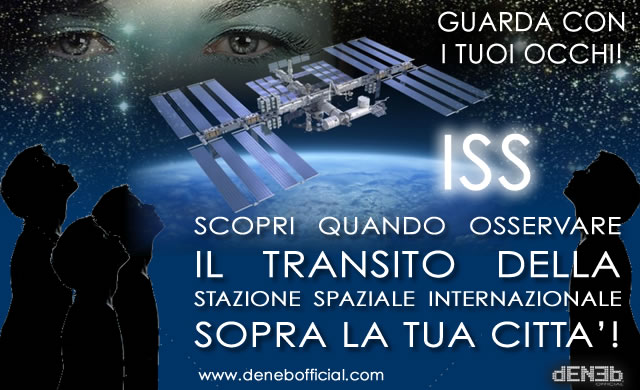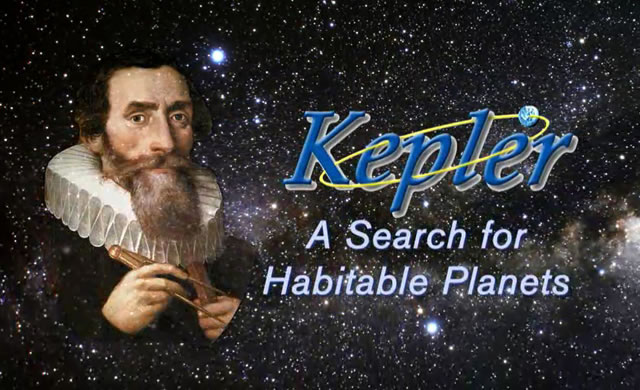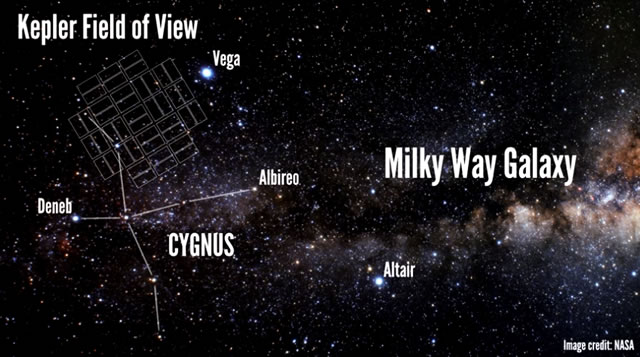
Copyright: SPL
La lunga propaganda relativa all’idea di ultra-alta velocità di calcolo fa un altro passo avanti. Tutto ciò che richiede è uno dei materiali più duri del mondo: il diamante.
La meccanica quantistica non è più quella di una volta. Alcuni decenni fa era tutto focalizzato sulle scale molto piccole di atomi, l’energia presentata a pezzi, o “quanti”: non continui, come l’acqua, fluidi, discreti, come il denaro. Anche la luce è granulosa, suddivisa in piccoli pacchetti di energia chiamati fotoni. Ma ora non importa tutto questo. Oggi, i fisici quantistici non stanno realmente parlando di quanti, stanno parlando informazioni. Si ritiene che la meccanica quantistica abbia le sue radici poggiate su una teoria che riguarda ciò che può e non può essere conosciuto del mondo. Il famoso principio di indeterminazione (di Heisenberg), e l’idea che gli oggetti quantistici potrebbero essere qui o là, sono esempi riconducibili all’idea che si ha della fisica quantistica. Però non è tutta teoria. La nuova prospettiva offre potenziali applicazioni sotto forma di cosiddetta tecnologia dell’informazione quantistica: le modalità di archiviazione, trasmissione e manipolazione delle informazioni che il meccanismo utilizza tramite le regole quantistiche, piuttosto che le “classiche” regole del nostro mondo di tutti i giorni. L’esempio più eclatante di questa tecnologia è il computer quantistico, in grado di sfruttare i principi quantistici per raggiungere una potenza di gran lunga maggiore rispetto ai dispositivi su cui sto scrivendo e che state leggendo.
The long-touted idea of ultra-high speed computing takes another step closer. All it requires is one of the world’s hardest materials.
Quantum mechanics isn’t what it used to be. Several decades ago it was all about how, at the very small scales of atoms, energy comes in chunks or “quanta”: not continuous, like water, but discrete, like money. Even light is grainy, divided up into little packets of energy called photons. But never mind all that. Today, quantum physicists aren’t really talking about quanta, they’re talking about information. They suspect that at its root quantum mechanics is a theory about what can and can’t be known about the world. The famous uncertainty principle, and the idea that quantum objects might be either here or there, are examples of that idea. It’s not all theory, though. The new view offers potential applications in the form of so-called quantum information technology: ways of storing, transmitting and manipulating information that work using quantum rules rather than the “classical” rules of our everyday world. The most celebrated manifestation of this technology is the quantum computer, which could exploit quantum principles to achieve far greater power than the devices on which I’m writing and you are reading.
Source/Continue reading → www.bbc.com








